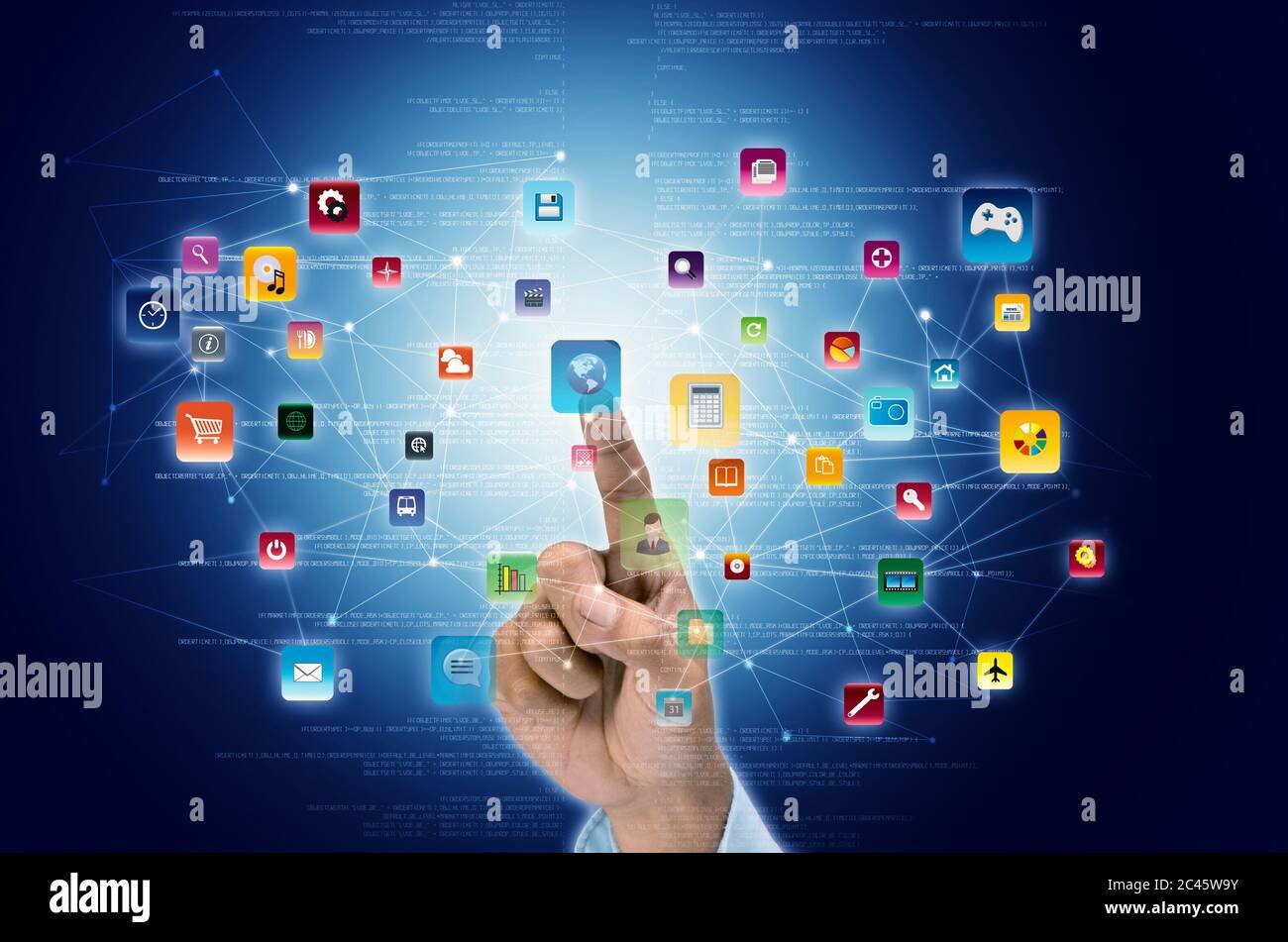
Technology has become the invisible thread connecting nearly every aspect of modern life. From the ways people communicate to how businesses operate, technological progress continuously reshapes societies and daily routines. It drives productivity, creativity, and convenience, while simultaneously presenting new challenges that require adaptability, ethical reflection, and critical thinking. Understanding the multifaceted role of technology provides insight into both opportunities and responsibilities in the digital era.
At its essence, technology is a tool for problem-solving. It allows societies to address complex challenges, streamline processes, and create solutions that were unimaginable only a few decades ago. In communication, devices such as smartphones, video conferencing tools, and instant messaging platforms have replaced traditional barriers of distance and time, enabling real-time collaboration across the globe. Businesses and individuals alike leverage these tools to share ideas, conduct research, and engage in social interactions more effectively than ever before.
The field of information technology has particularly transformed how knowledge is accessed and processed. Cloud computing, digital archives, and data management systems allow individuals and organizations to store and retrieve information efficiently. This accessibility promotes informed decision-making and accelerates innovation. Online courses, interactive tutorials, and collaborative platforms provide opportunities for continuous learning, equipping people with skills that are increasingly essential in a rapidly evolving workplace.
Automation and artificial intelligence have redefined productivity across industries. Machines now handle repetitive, time-consuming tasks, freeing human talent for strategic, creative, and analytical work. In manufacturing, robotics enhance precision and efficiency; in finance, algorithms optimize investment strategies and risk assessment. AI-driven systems in healthcare assist professionals in diagnosing diseases, managing patient data, and designing personalized treatment plans. While these advances increase efficiency, they also demand the development of new skills and a thoughtful understanding of ethical implications.
Healthcare, in particular, demonstrates the potential of technology to improve quality of life. Telemedicine and wearable devices allow for remote monitoring and timely interventions. Electronic health records streamline patient care while protecting privacy through secure data storage. AI and machine learning contribute to predictive analytics, identifying patterns that guide preventive care and resource allocation. These innovations reduce barriers to access, improve outcomes, and illustrate the profound societal impact of technological advancement.
Transportation has similarly experienced transformative change. Electric vehicles, autonomous driving, and smart infrastructure optimize efficiency while reducing environmental impact. Public transit systems integrated with real-time data enhance convenience and safety. Logistics companies employ AI to optimize routes, reduce fuel consumption, and streamline supply chains. These developments underscore how technology solves practical challenges while contributing to sustainability.
Digital commerce has become a cornerstone of modern economic activity. E-commerce platforms, mobile payment solutions, and online marketplaces connect producers and consumers worldwide. Businesses leverage digital tools for marketing, inventory management, and customer engagement. This expansion democratizes opportunities for entrepreneurs, increases access to products and services, and supports innovation across sectors.
Data management is central to technological impact. The ability to collect, analyze, and interpret information informs decisions in business, healthcare, governance, and education. Big data analytics identifies trends, predicts outcomes, and enhances operational efficiency. However, managing data responsibly is critical. Privacy concerns, cybersecurity threats, and ethical use of information require vigilance, transparency, and clear regulatory frameworks to protect individuals and organizations alike.
Sustainability is increasingly a focus of technological development. Renewable energy systems, smart grids, and environmentally friendly manufacturing processes demonstrate how innovation can support ecological stewardship. Advancements in energy efficiency, resource management, and waste reduction allow societies to meet growing demands while mitigating environmental impact. Integrating sustainability into technology design ensures that progress aligns with broader societal goals.
Education and skill development continue to evolve alongside technological innovation. Digital classrooms, interactive software, and collaborative platforms provide flexibility and accessibility. Learners can pursue knowledge tailored to individual interests, pace, and needs. Lifelong learning is supported by online courses, webinars, and virtual workshops, ensuring professionals remain competitive in fields characterized by constant evolution. Technology also fosters creativity, critical thinking, and problem-solving, equipping learners with skills that extend beyond technical proficiency.
Despite the many benefits, technology introduces challenges. The digital divide limits access for certain populations, exacerbating inequalities in education, employment, and social engagement. Cybersecurity threats, including identity theft and data breaches, require robust safeguards. Ethical considerations, particularly regarding AI, surveillance, and automation, demand critical reflection to ensure technology serves societal good rather than undermining privacy or equity. Addressing these challenges requires collaboration between policymakers, industry leaders, educators, and individuals.
Emerging technologies promise to reshape industries and lifestyles further. Blockchain introduces secure, decentralized solutions for finance, supply chains, and information verification. Quantum computing has the potential to solve complex problems far beyond the capabilities of traditional systems, influencing research, logistics, and optimization. Augmented and virtual reality provide immersive experiences for learning, entertainment, and professional training, opening avenues for creativity and innovation previously unattainable.
Human engagement remains central to leveraging technology effectively. While tools can enhance efficiency, creativity, and knowledge, responsible use and critical thinking determine their impact. Understanding limitations, assessing risks, and considering social consequences are essential for sustainable progress. Those who combine technical proficiency with ethical awareness are well-positioned to benefit from technology while contributing to its positive application.
Technology is not just a collection of devices or software; it is a framework for shaping interactions, problem-solving, and societal development. Its influence extends across physical, digital, and social spheres, affecting work, communication, health, transportation, commerce, and education. Harnessing technology thoughtfully requires awareness, adaptability, and a commitment to balancing efficiency with responsibility.
In conclusion, technological innovation continues to redefine how individuals live, work, and interact. By embracing opportunities, mitigating challenges, and fostering continuous learning, societies can maximize the benefits of advancement while minimizing risks. Technology enhances productivity, creativity, and quality of life, yet its true potential depends on the choices, values, and foresight of those who design, deploy, and use it. Remaining informed, adaptable, and ethically minded ensures that technology remains a tool for growth, connection, and meaningful impact.

 26 August 2025
26 August 2025 Share
Share